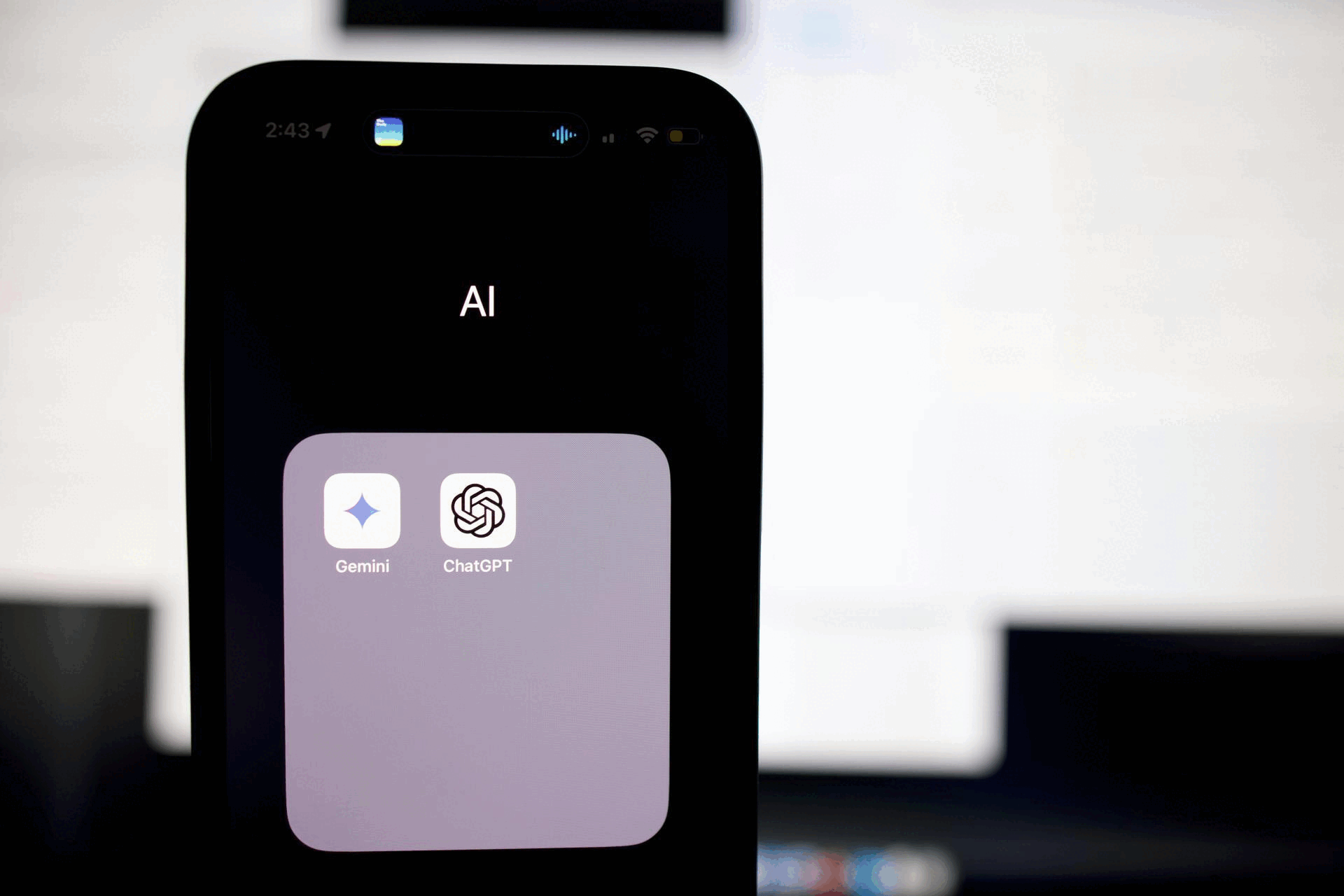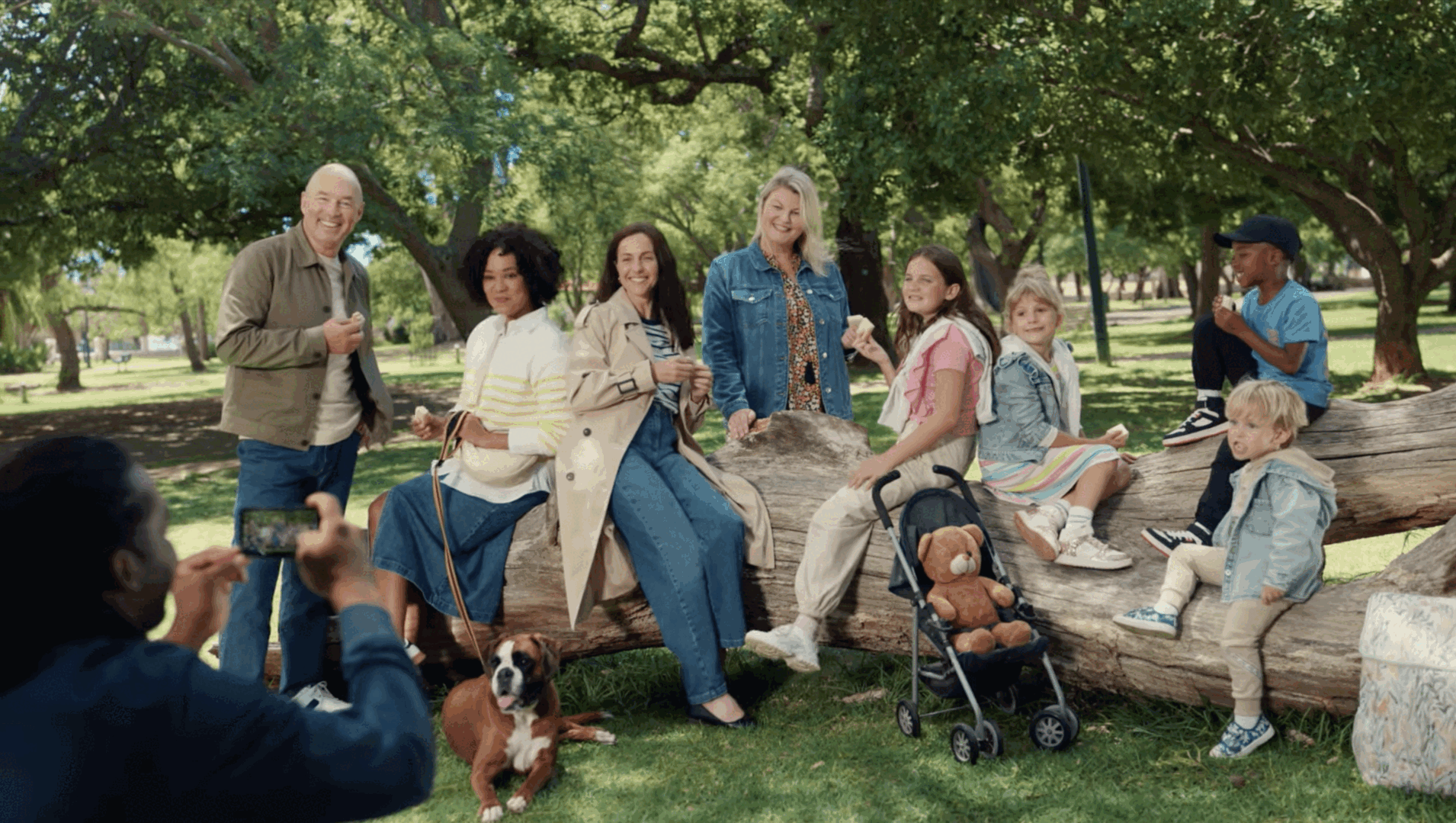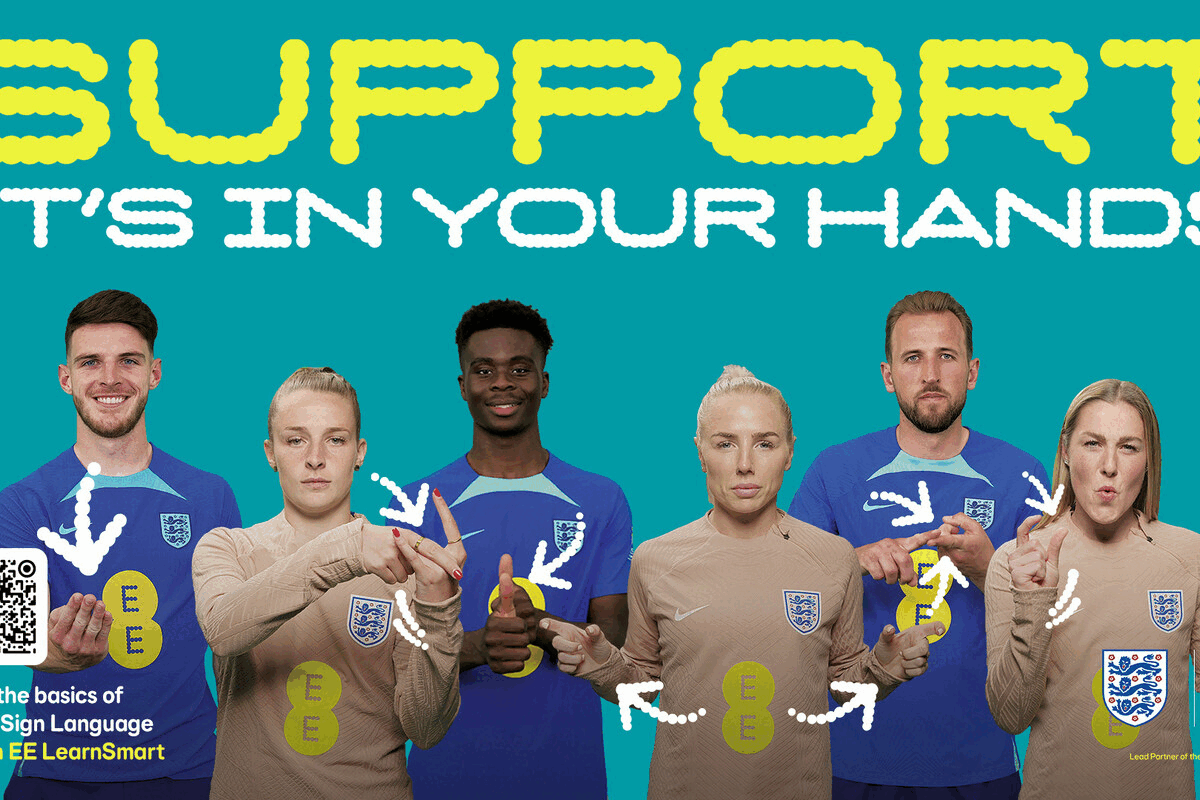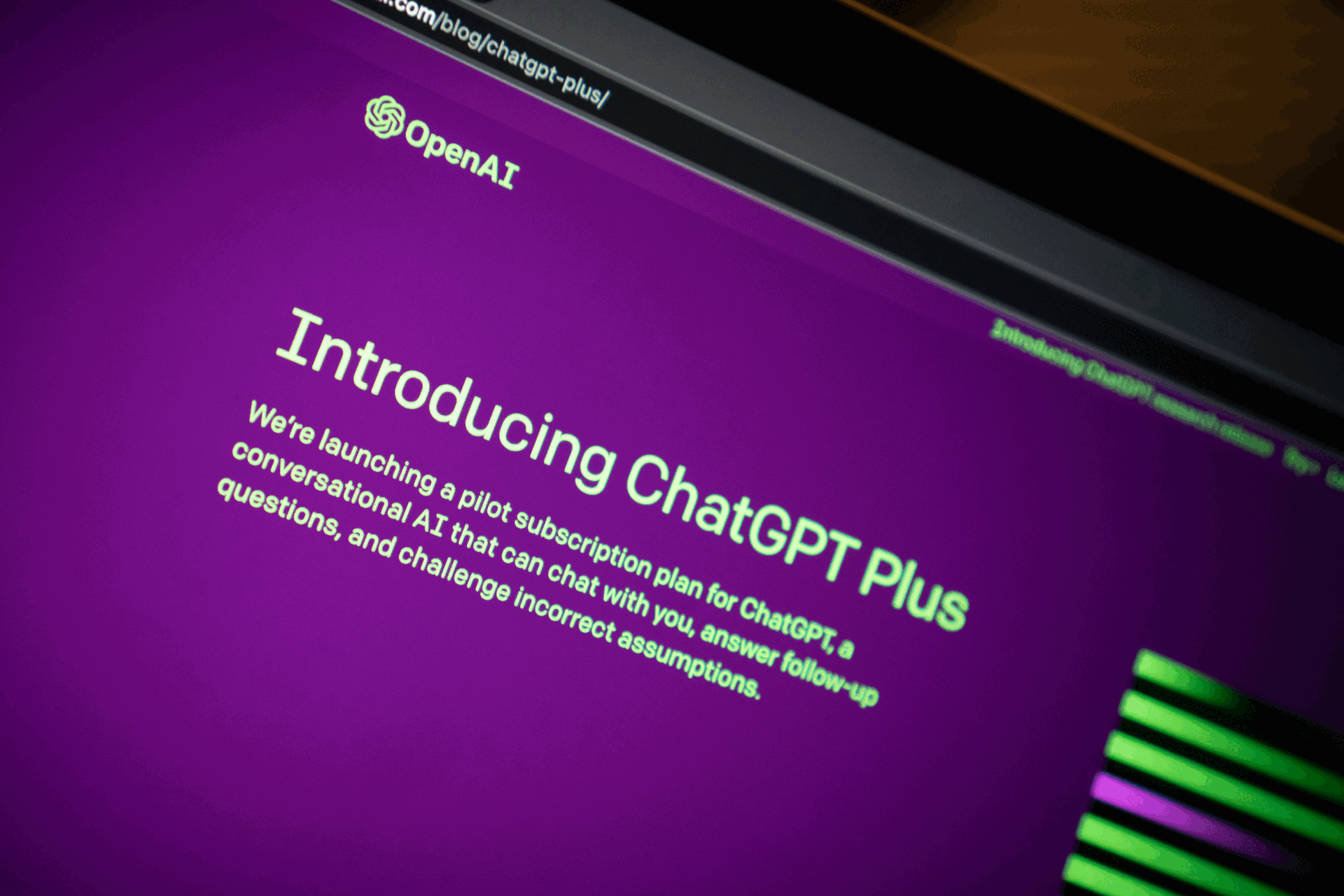Chinese authorities erase thousands of social media accounts
- Monday, November 12th, 2018
- Share this article:
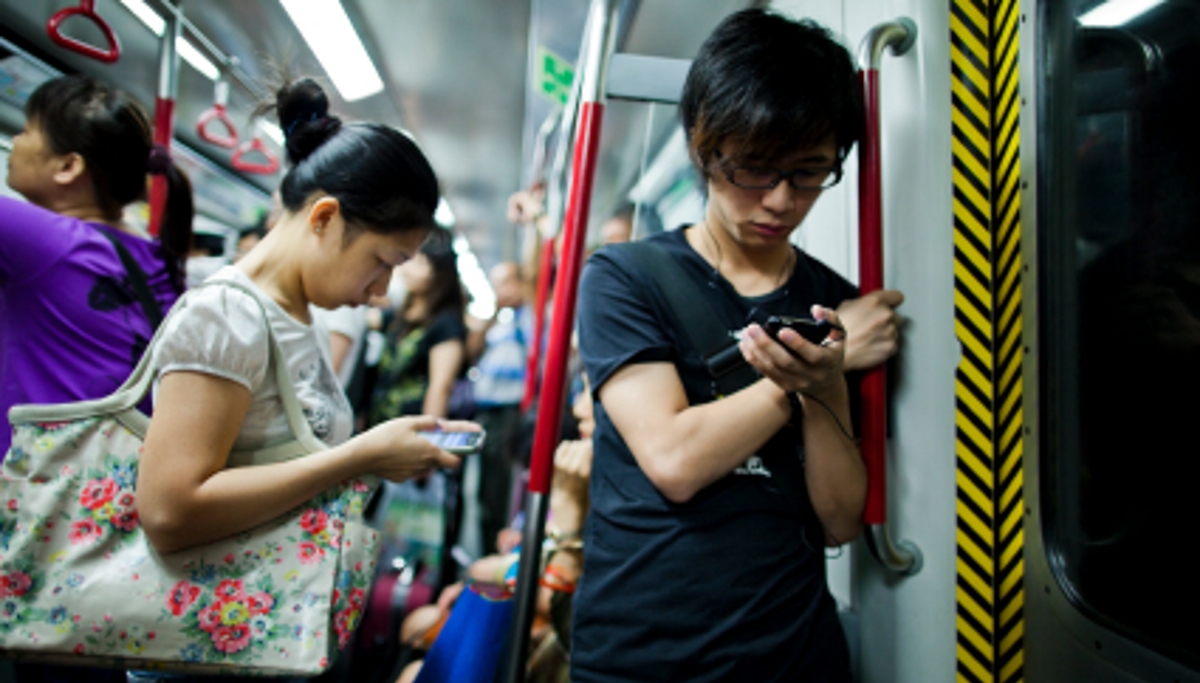 Chinas top cyber authority has deleted almost 10,000 social media accounts, primarily those associated with independent news providers, accusing them of posting sensational, vulgar or politically harmful content on the Internet.
Chinas top cyber authority has deleted almost 10,000 social media accounts, primarily those associated with independent news providers, accusing them of posting sensational, vulgar or politically harmful content on the Internet.
The Cyberspace Administration of China (CAC) said in a statement that the campaign, which began on 20 October, erased accounts for violations including “spreading politically harmful information, maliciously falsifying (Chinese Communist) party history, slandering heroes and defaming the nations image.”
Officials from social media firms including Tencents WeChat and Sinas Weibo allegedly met with authorities as part of the purge, and were warned that they were failing to prevent “uncivilised growth” and “all kinds of chaos” among independent media outlets on their platforms.
“The chaos among self-media accounts has seriously trampled on the dignity of the law and damaged the interests of the masses,” said a CAC spokesperson.
Self-media is a term used mostly on Chinese social media to describe independent accounts not officially registered with the authorities which produce original content, primarily news. China has tightened its already-strict censorship rules in recent years in an attempt to better control the flow of information online, with new legislation aimed at restricting media outlets, surveilling media sites and removing content deemed unacceptable.
The accounts deleted in the latest sweep range from those sharing false or pornographic content, both of which are illegal in China, to celebrity gossip services and hard-hitting investigative journalism. Online commentators complained that many caught up in this wave of removals were potentially targeted simply for being too critical of Chinese authorities.
NGOCN, a Chinese media group that produced popular articles surrounding social issues, saw two accounts deleted, but has pledged to continue producing content.
“This is an era of accounts being obliterated,” wrote an NGOCN spokesperson. “It went from a single article being blocked, to the censorship of some prohibited speech…then today all of a sudden, we have no account.”








